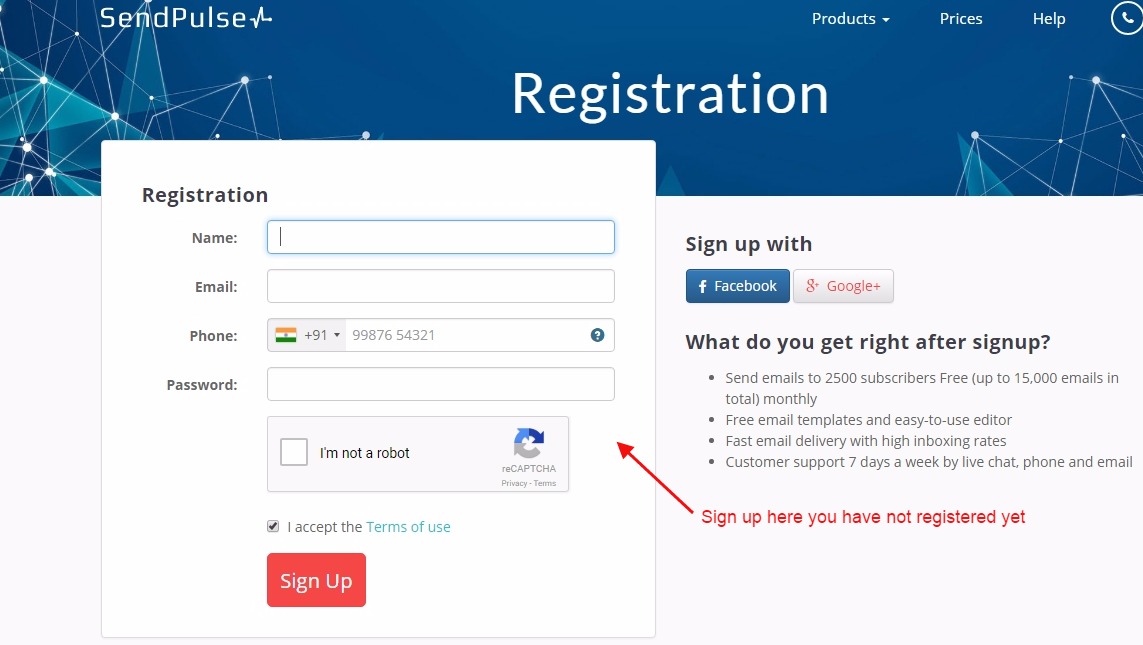The CAN-SPAM Act is a United States federal law that sets rules and requirements for commercial email messages. CAN-SPAM stands for Controlling the Assault of Non-Solicited Pornography And Marketing Act. The act was enacted in 2003 and is enforced by the Federal Trade Commission (FTC).

The primary purpose of the CAN-SPAM Act is to regulate commercial email communications and protect recipients from deceptive or unwanted emails. Here are some key provisions of the act:
- Consent: The law requires that businesses obtain consent from recipients before sending them commercial emails. Consent can be either express (directly provided by the recipient) or implied (based on an existing business relationship).
- Identification: Commercial emails must clearly identify the sender and provide accurate contact information. This includes the sender’s name, physical address, and a functioning reply-to email address.
- Subject Lines: The subject lines of commercial emails must accurately reflect the content of the message and must not be misleading or deceptive.
- Opt-out Mechanism: Every commercial email must include a clear and conspicuous option for recipients to unsubscribe or opt out from future emails. Businesses are required to honor opt-out requests promptly, generally within 10 business days.
- Unsubscribe Compliance: Businesses must ensure that the unsubscribe mechanism is easy for recipients to use and that it remains functional for at least 30 days after sending the email.
- Content Compliance: Commercial emails must include a valid physical postal address, provide clear information about the nature of the message, and avoid false or misleading headers, routing information, or subject lines.
- Prohibition of Harvesting: The act prohibits the practice of email address harvesting, which involves using automated means to gather email addresses from websites or online services without permission.
- Enforcement and Penalties: The FTC has the authority to enforce the CAN-SPAM Act and can impose significant penalties for violations. Violators may face fines, legal action, and damage to their reputation.
It’s important for businesses to understand and comply with the CAN-SPAM Act to maintain ethical email practices, protect recipients’ privacy, and avoid legal consequences. By following the guidelines outlined in the act, businesses can build trust with their email subscribers and maintain a positive reputation in their email marketing efforts.

